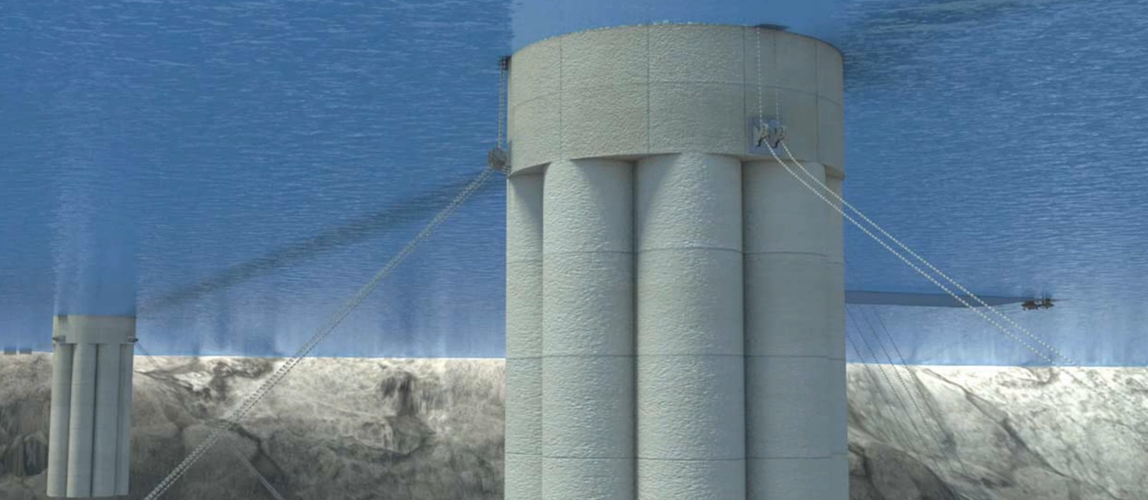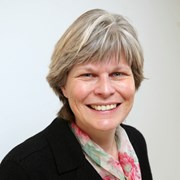These infrastructures get us to use of natural resources and provide transport throughout the country. However, these vulnerable concrete constructions are suffering from harsh climate conditions and management, operation and maintenance (MOM) are resource-intensive, associated with high costs and extensive repairs.
Concrete structures built in marine environment or exposed to de-icing salt represent a significant value for Norway. Management, operation and maintenance (MOM) are resource-intensive, associated with high costs and extensive repairs, even more through demolition and construction of a new concrete structure.
The overall idea of BE-sTrONG is to utilize advanced additives and environmentally friendly material compositions, to design and execute concrete constructions in marine environment with significantly reduced emissions of greenhouse gases, and at least as good durability like "best practice" concrete. This also involves development of robust concrete with properties contributing to reduction of production defects.
The innovation applies a new methodology for the development of environmentally friendly marine concrete structures. This includes new/further developed products and new/improved methods. Additional environmental benefits as well as economic gains will be achieved through reduced MOM costs turning concrete structures in marine environment significantly more sustainable.
The innovative BE-sTrONG partnership represents actors from the entire value chain realizing the project's goals: Aker Solutions AS, Statens Vegvesen, Equinor Energy, DNV AS, Ølen Betong AS, Mapei AS, FUNZIONANO AS, NORCEM AS, SCHWENK Norge AS and SINTEF.
The project is aiming at environmentally friendly material solutions with increased resistance to reinforcement corrosion through reduced chloride penetration resulting from decreased material permeability and cracking, and towards frost resistance.
BE-sTrONG Project Owner: Aker Solution AS v/ Dr. Kjell Tore Fosså.
BE-sTrONG Project Manager: Dr. Monika Pilz, SINTEF
BE-sTrONG receives financial support from the The Research Council of Norway


